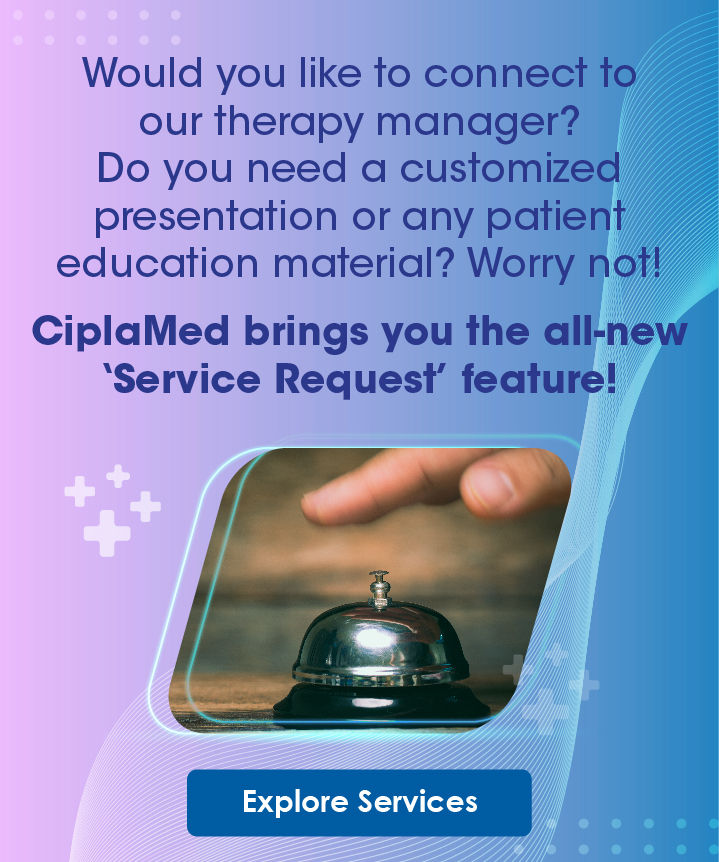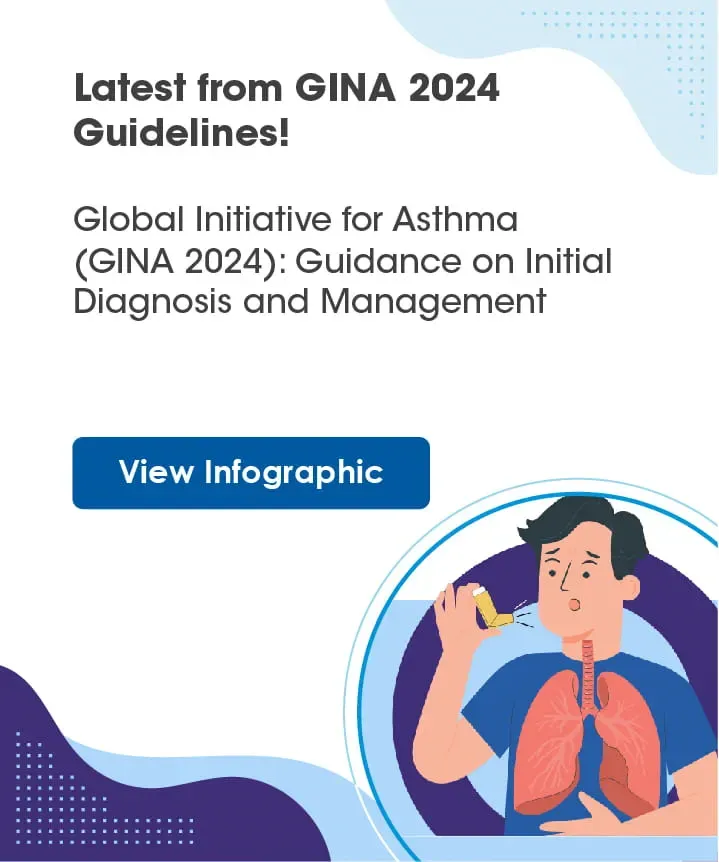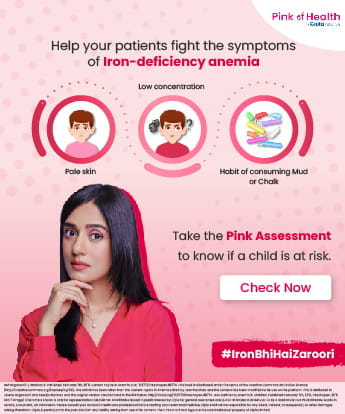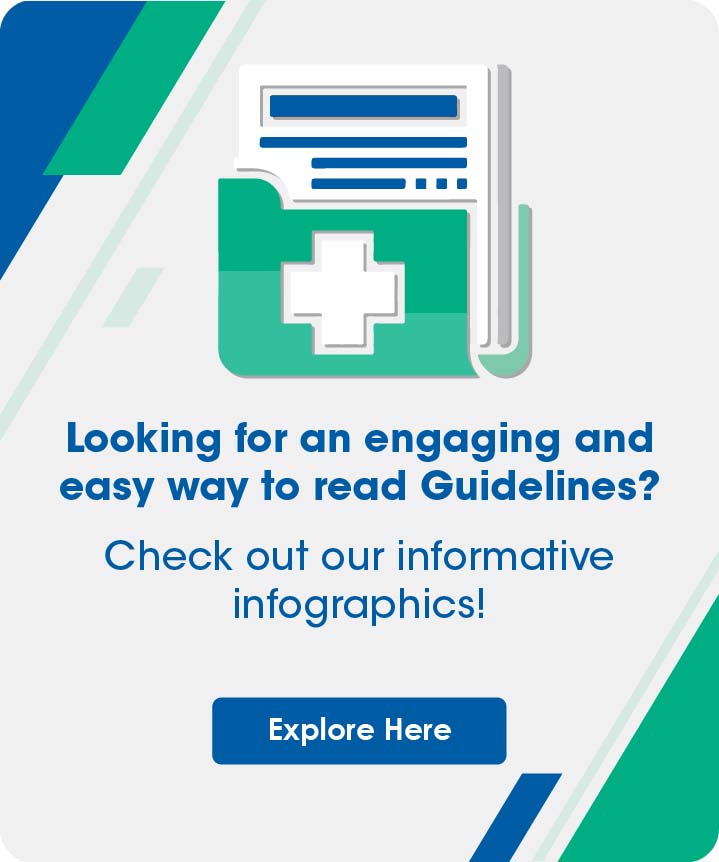Hey there! Welcome!
Get updated on
Select Speciality
Top Picks
8 Jul, 25 ESHRE 2025
ESHRE 2025
Excess weight affects women’s fertility and pregnancy outcomes, raising risks of miscarriage, stillbirth, GDM, hypertension, and PPH. Later in life, it increases cardiovascular, cancer, diabetes, and liver disease risks. Breastfeeding reduces postpartum weight and chronic disease. FIGO guidelines and nutrition checklists support health professionals in managing weight-related health impacts across women’s lifespans.
3 Jul, 25 ADA 2025
ADA 2025
In 701 DPP participants with T2D, younger-onset was linked to higher FPG, BMI, DBP, lower HDL, smaller BP/lipid improvements, and rising HbA1c over 7.9 years. Older-onset had higher SBP, lower eGFR, and stable glycaemia. Younger-onset were more often on glucose-lowering drugs. Findings highlight worse metabolic progression in early-onset T2D despite better renal and BP profiles.
11 Jul, 25 Sci Rep.
Sci Rep.
A new study of adults with coronary heart disease (CHD) and T2DM found elevated C-reactive protein-triglyceride-glucose index (CTI) levels linked to higher all-cause (HR 1.68) and cardiovascular mortality (HR 1.70). The risk was greater in younger individuals and those with HbA1c <7%. CTI showed strong ties to metabolic and inflammatory markers, suggesting its value as a simple prognostic tool in high-risk patients.
11 Jul, 25 Diabetes Res Clin Pr...
Diabetes Res Clin Pr...
In over 2 million type 2 diabetes (T2D) patients, proliferative diabetic retinopathy (PDR) raised cardiovascular risk similarly to chronic kidney disease (CKD) (aHR 1.37 vs. 1.36), with risk doubling when both coexisted (aHR 2.21). The effect was strongest in those under 40 (aHR 3.28). Findings support incorporating PDR into cardiovascular risk assessment and management.
11 Jul, 25 Diabetes Res Clin Pr...
Diabetes Res Clin Pr...
In a recent study of 7,969 adults, elevated body roundness index (BRI) was linked to higher stroke risk (HR = 1.78), especially in those with prediabetes and diabetes. BRI outperformed other adiposity measures in stroke prediction (AUC = 0.678 overall; 0.716 in prediabetes), highlighting its value for risk stratification in glucose-impaired populations.
10 Jul, 25 Arthritis Res Ther.
Arthritis Res Ther.
Recent NHANES data showed that adults with rheumatoid arthritis (RA) have a higher prevalence of kidney stones than those without RA (17.0% vs. 8.1%). RA was associated with 77% elevated odds of kidney stones (OR 1.77), post adjusting for demographic, metabolic, and lifestyle factors. This relationship held consistent across all subgroups.
18 Jun, 25
Featured
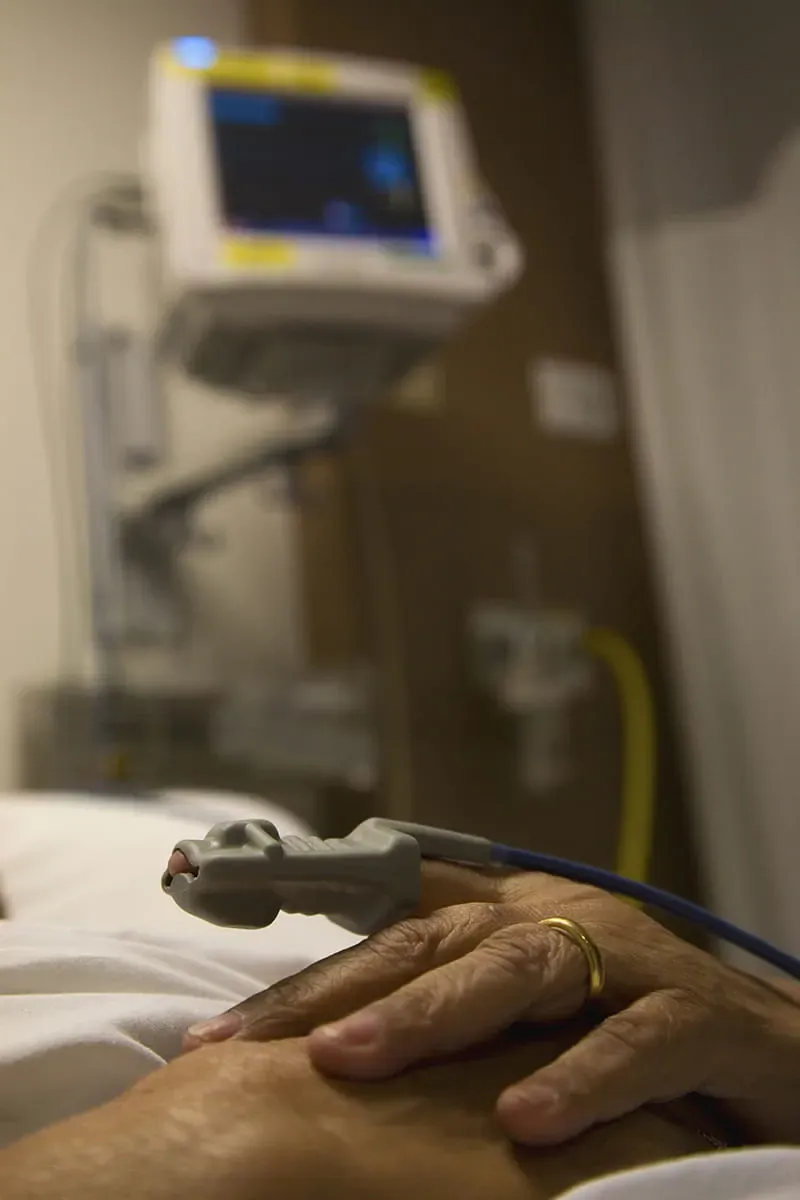
8 Jul, 25
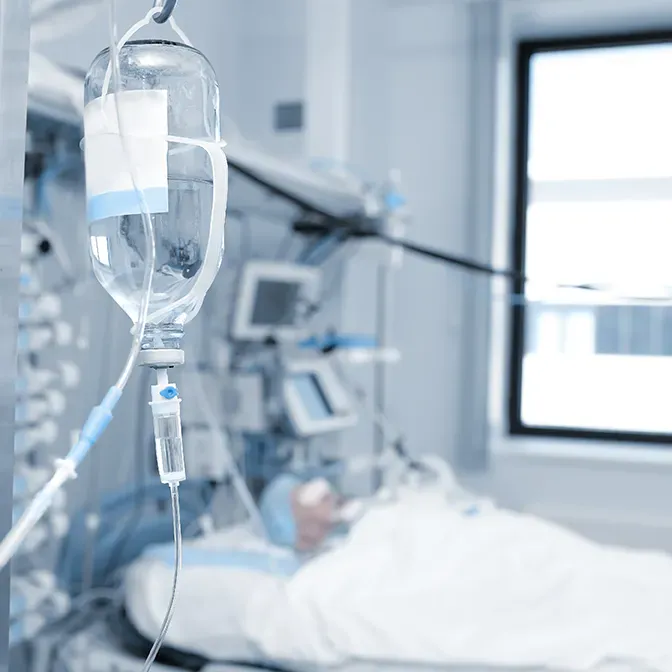
8 Jul, 25
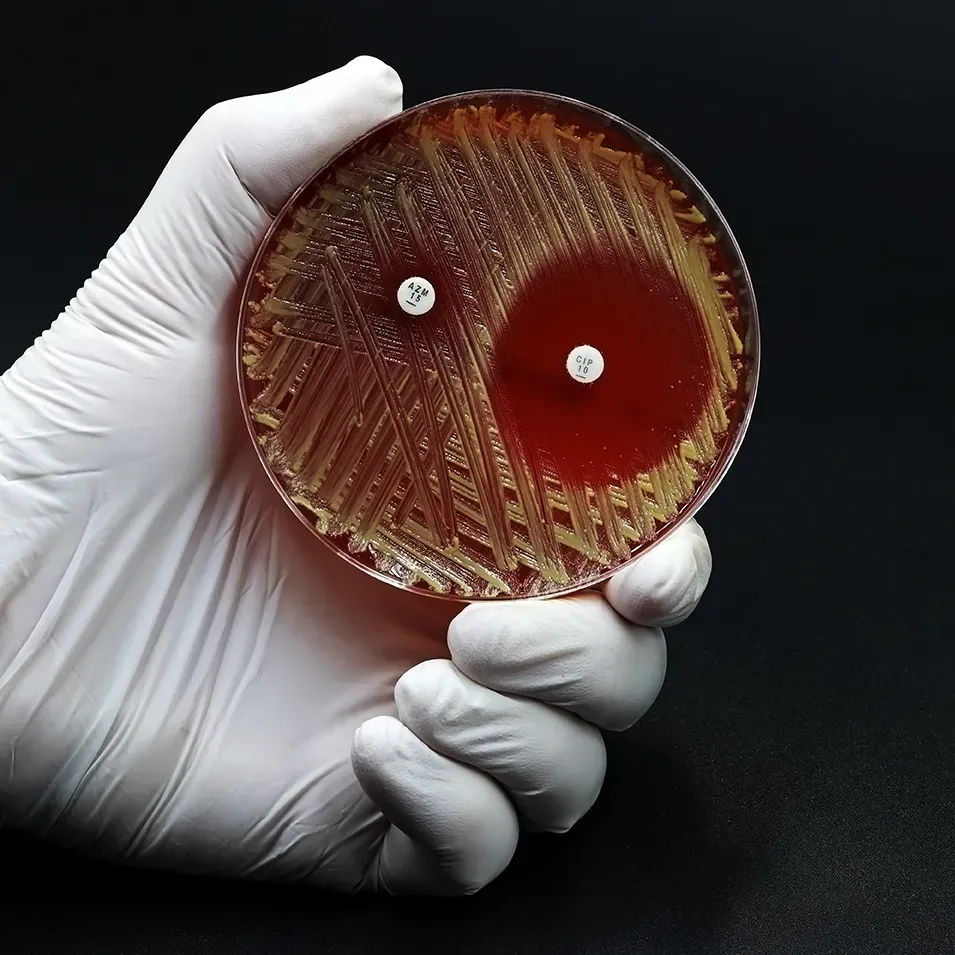
8 Jul, 25










